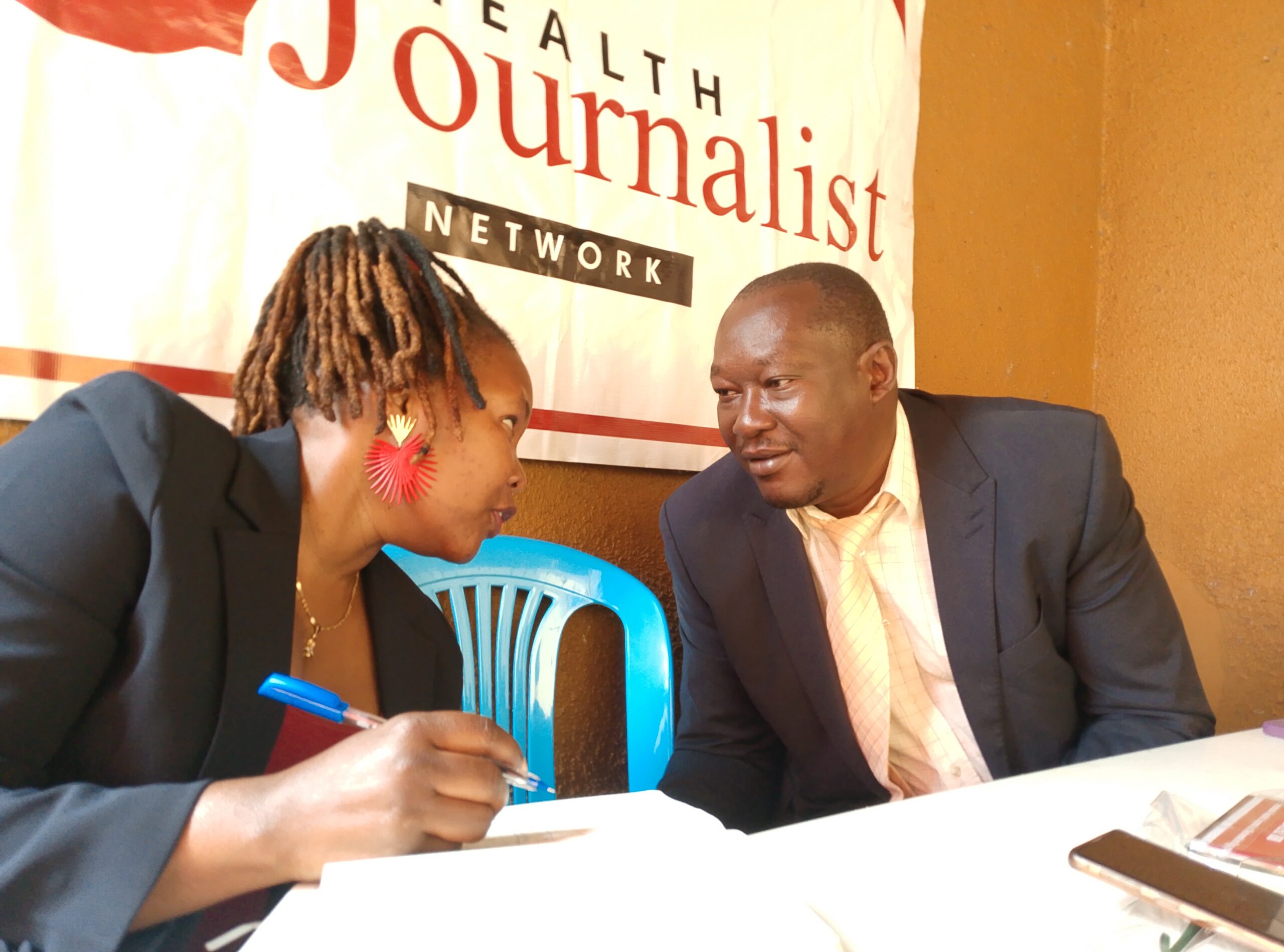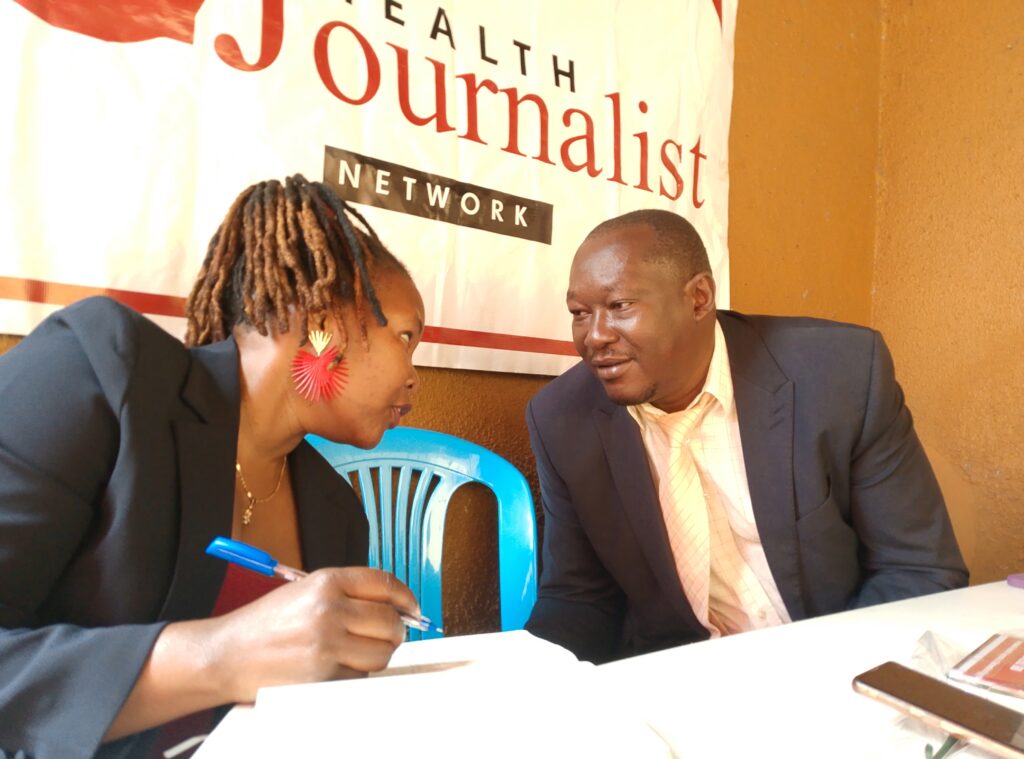
 Mama FM
Mama FM

 Mama FM
Mama FM
13 May 2025, 5:04 pm

By Byamukama Alozious
Uganda is grappling with a sharp rise in Mpox cases, with over 61,000 infections and 41 deaths confirmed since the outbreak began in August 2024 as the ministry of health fights back to contain the outbreak. According to health experts, women and children top the list of the most affected groups, alongside other vulnerable populations.
Mpox, commonly known as monkeypox, is a highly contagious viral disease. It presents with fever, cough, sore throat, and painful, rash-like skin eruptions. In severe cases, it can damage internal organs, particularly the lungs and genitals, especially when transmitted through prolonged sexual contact.
Dr. Misaki Wayengera, a senior official at the Ministry of Health, told journalists at a Health Journalists Network Uganda science café that the disease spreads through direct body contact including handshakes, kissing, and more commonly, heterosexual intercourse.
“Sexual contact increases the severity of symptoms in the affected organs. We are seeing widespread infections among women and children, sex workers, and individuals with weakened immunity such as those living with HIV, cancer, and other non-communicable diseases (NCDs) ,” Dr. Wayengera said.
Vaccine access remains a significant hurdle. According to Dr. Wayengera, the available doses are being prioritised for health workers, sex workers, and Mpox contacts.
“Each dose costs about USD 100. With added logistics, large-scale rollout becomes unaffordable,” he said.
Historically, the Democratic Republic of Congo (DRC) has been the epicentre of Mpox outbreaks, particularly among internally displaced persons (IDPs) living in urban slums like Kinshasa, Goma, and Kivu. The original virus strain, Clade I, was largely confined to central Africa.
In 2022, a new strain Clade IIb emerged in Nigeria, spreading rapidly to Europe and other Western countries. The World Health Organisation (WHO) declared it a Public Health Emergency of International Concern, highlighting its global threat.
Despite the rising cases, Africa still struggles to access Mpox vaccines, partly due to the lingering perception that the disease is “an African problem.” Most of the limited vaccine stock has gone to the DRC, where usage has led to a decline in cases. In contrast, Uganda continues to report community-level infections, particularly linked to sexual transmission among commercial sex workers.
Kyomya Macklean, Executive Director of the Alliance of Women Advocating for Change (AWAC), said sex workers remain highly vulnerable and still face stigma in health facilities.
“Some were forced to abandon sex work due to the high risk of transmission. Others are rejected at hospitals,” she said. “However, with support from the Ministry of Health, AWAC has facilitated vaccination for over 10,000 sex workers in Lubaga Division, Kampala.”